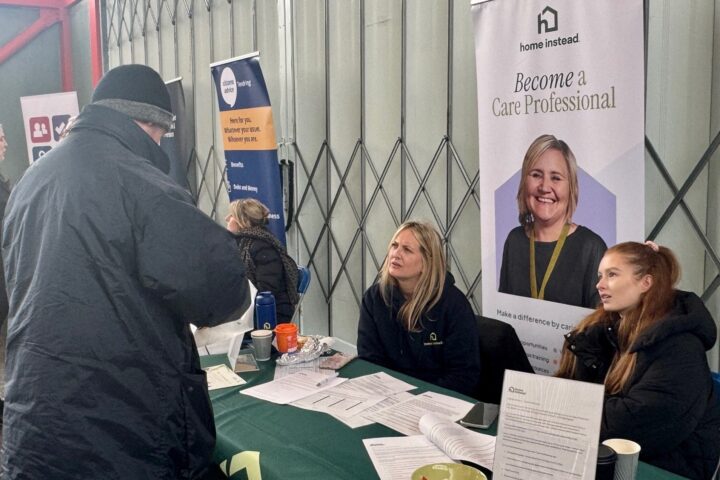Fewer than half (41%) of organisations with overseas staff believe they provide adequate gender-specific support, according to research by Towergate Employee Benefits.
Only a third felt line managers were equipped to offer this support, and just 34% measured its success.
Sarah Dennis, head of international at Towergate Employee Benefits, said that women working abroad often face different challenges compared to both their male colleagues and those based in the UK.
She emphasised the need for employers to recognise these differences and put measures in place to address them.
Cultural differences can create specific difficulties for women working overseas.
In some regions, social norms restrict interactions between men and women, making it harder for female employees to network or socialise in the same way as their male counterparts.
In the Middle East, for example, a British woman might find herself more limited in social settings, and while legal dress codes have changed in many areas, wearing clothing considered ‘immodest’ can still cause issues.
Safety is another key concern, with employers encouraged to ensure their female staff are well-informed about local customs, personal security, and emergency services in their host country.
Understanding which areas to avoid, particularly at night, and how to protect personal information can help mitigate risks.
Healthcare provision also varies widely between countries.
Religious and cultural factors can affect access to medical services, and in some places, conditions such as breast cancer are still associated with stigma; in China, for example, it can be linked with bad karma and bad feng shui.
While many high-income countries offer national breast screening programmes, more than 25 nations, particularly in Africa and Asia, lack radiotherapy services.
Employers must assess the healthcare provisions available to female employees in each country and take steps to address any disparities.
Dennis said that while many overseas employers reported similar challenges to those in the UK when it comes to gender-specific health and wellbeing support, the experience of working abroad is different, and it is essential that these differences are fully understood.
She stressed that companies with international staff must take cultural, safety, and healthcare factors into account to ensure appropriate support is in place.
Given the complexity of these issues, she advised employers to seek expert guidance and use local knowledge to understand the challenges faced by female employees in each region.
Dennis said: “Employers must look to plug any gaps and level up the specific challenges their female employees abroad may face, by implementing a full and rounded health and wellbeing programme.
“Moreover, as our research shows, this needs to incorporate gender-specific support.”












